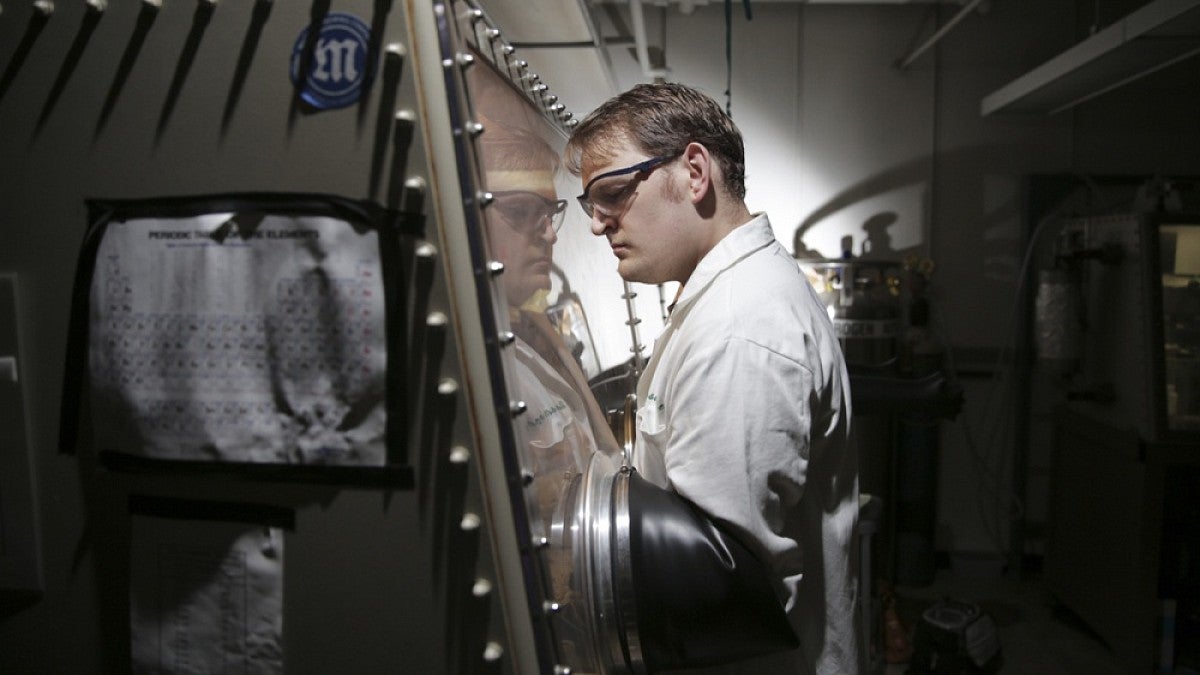UO donors who give to the University Venture Development Fund are investing in today’s aspiring Oregon entrepreneurs and tomorrow’s innovative industries. And thanks to state tax credits, they also get something back.
The development fund helps turn today’s research and development into tomorrow’s businesses, ensuring that new and nascent technologies will have a better chance to become commercially viable. The UO’s vice president for research and innovation, David Conover, hopes that tax credits will encourage donors to make their gifts before 2017 comes to a close.
“This is a win-win,” Conover said. “UVDF funding helps the UO transform ideas into industrial innovation, new businesses and jobs for Oregon. We’re excited to offer additional incentives to donors who support research, innovation and commercialization activities at the University of Oregon.”
Donors to the fund provide capital for university entrepreneurial programs and create opportunities for students to gain experience applying research to commercial activities. The fund also provides proof-of-concept funding that helps take research and development projects to the next level: creating commercially viable products and services.
Donors can allocate their gifts to one of three funding areas. First, the vice president for research and innovation’s RAINMaker program provides seed grants for student-led-and-owned startup businesses. Grants are available to all current students, regardless of major, who are juniors or above. The second option is to support training programs for graduate students.
Finally, donors can allocate their gifts to the Vice President for Research and Innovation Fund, a resource for student entrepreneurs, innovative faculty research and new projects designed to support innovation and entrepreneurship. Past recipients have generated millions of dollars in company revenue and hundreds of jobs in Oregon.
Donors can receive as much as 60 percent of their contributions in state tax credits, up to $600,000. A state tax credit reduces the amount of tax owed, unlike a tax deduction, which merely reduces taxable income. Thanks to recent policy changes from the state Legislature, donors now have greater flexibility that could lead to more tax savings.
To learn more about the development fund or discuss gift opportunities, contact Jesse Visser, senior director, Office of Gift Planning: 541-346-6084; visser@uoregon.edu.


